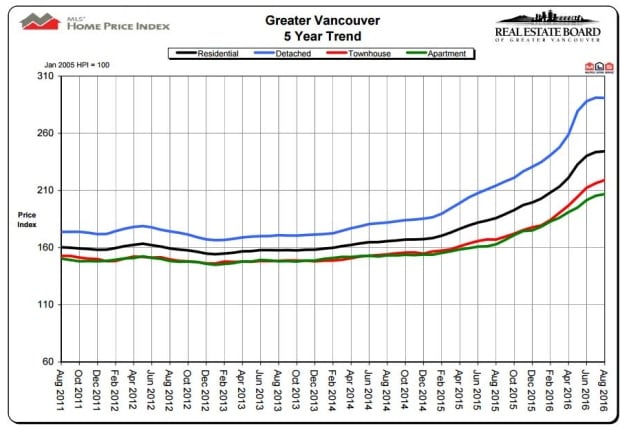Re: Vancouver goin'?
[COLOR=rgba(255, 255, 255, 0.870588)]
[/COLOR]
[COLOR=rgba(255, 255, 255, 0.870588)]
[COLOR=rgba(0, 0, 0, 0.541176)]
1 h 20 min without traffic
[/COLOR]
[/COLOR]
1 h 18 min [COLOR=rgba(0, 0, 0, 0.541176)](39.1 km)
[/COLOR]
[COLOR=rgba(0, 0, 0, 0.541176)]via Trans-Canada Hwy/BC-1 E
1 h 20 min without traffic
[/COLOR]
Originally posted by GRG55
View Post
[COLOR=rgba(255, 255, 255, 0.870588)]
[/COLOR]
[COLOR=rgba(255, 255, 255, 0.870588)]
Leave now
[COLOR=rgba(0, 0, 0, 0.541176)]
[COLOR=rgba(0, 0, 0, 0.870588)]1 h 18 min[/COLOR]
39.1 km
via Trans-Canada Hwy/BC-1 E39.1 km
1 h 20 min without traffic
This route includes a ferry.
[/COLOR]
[/COLOR]
1 h 18 min [COLOR=rgba(0, 0, 0, 0.541176)](39.1 km)
[/COLOR]
[COLOR=rgba(0, 0, 0, 0.541176)]via Trans-Canada Hwy/BC-1 E
1 h 20 min without traffic
This route includes a ferry.
[/COLOR]














 }. They will be among the many that follow the market down, always just behind the curve. FOMO is alive and well and living in the GVRD.
}. They will be among the many that follow the market down, always just behind the curve. FOMO is alive and well and living in the GVRD. 



Comment